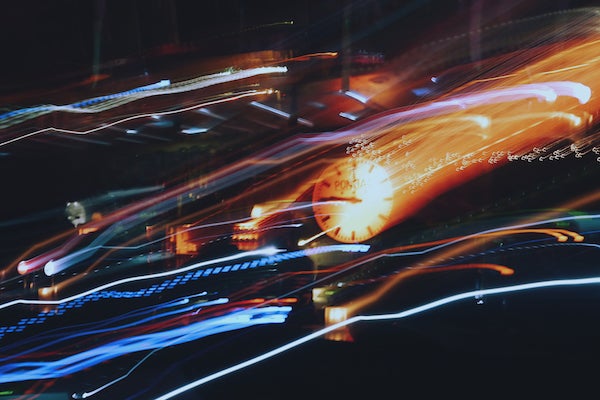

The authors would like to thank all of the women who participated in this study for their time and insights.įor nearly a century, researchers have observed the ecological impacts arising from increased numbers of visitors using natural areas for tourism and recreational activities. This research was supporting by funding from a University of Otago Research Grant. These theoretical and methodological frameworks helped to identify various ways that gender influenced participants Acknowledgements self-determination theory) to investigate guide well-being, which can be applied in future tourism research. It also employed a novel interview method and psychological framework (i.e. This study extended adventure tourism and tour guiding literature by exploring women's adventure guiding experiences and identifying how gender influenced their well-being in this context. Guides' accounts highlighted how the level of support for competence, autonomy, and relatedness, respectively, played a Conclusion Specifically, they described how gendered interactions with clients, co-workers and managers influenced their experiences of competence, autonomy, and relatedness. All guides in the study reported that gender influenced their experiences as adventure guides. In the interests of clarity, this section integrates the interpretation and discussion of results alongside raw data. This section provides ‘thick descriptions’ of data collection and analysis procedures as this is critical to establishing trustworthiness and credibility in qualitative research (e.g., Denzin & Lincoln, 2011).

The current study addressed these gaps by investigating key factors underpinning psychological well-being for female adventure guides in land, water and air-based activities Method Further, there is a need to examine women's guiding experiences across a wide range of commercial adventure tourism activities (e.g., air and water-based). There are currently gaps in the literature regarding women's experiences in commercial adventure tourism guiding roles, and how these roles influence their well-being. This investigation expands the tourism literature by: (1) enhancing understandings of women's adventure tour guiding experiences and tour guide well-being (2) demonstrating the influence of gender on women's guiding experiences (3) translating the findings into recommended practices for tourism operators (4) applying a self-determination theory framework to explore guide well-being (5) employing a novel interview method to study guide well-being. Analysis also highlighted how ‘mother figure’ perceptions and the psychological burden of client safety could hinder women's well-being in adventure tour guiding contexts. Specifically, guides described various ways that their gender influenced interactions with clients, co-guides and management, and how these gendered interactions supported or hindered basic psychological needs for competence, autonomy, and relatedness. Thematic analysis identified key factors underpinning psychological well-being for female adventure guides. Guides participated in 1-h semi-structured interviews using the Scanlan Collaborative Interview Method. This study explored the experiences of female adventure tourism guides in land, water and air-based activities in relation to psychological well-being.

However, little research has examined the well-being of women who are commercial adventure tour guides. Understanding how working in adventure tourism impacts the psychological well-being of adventure guides is vital to developing tour guiding theory and responsible industry practices.


 0 kommentar(er)
0 kommentar(er)
